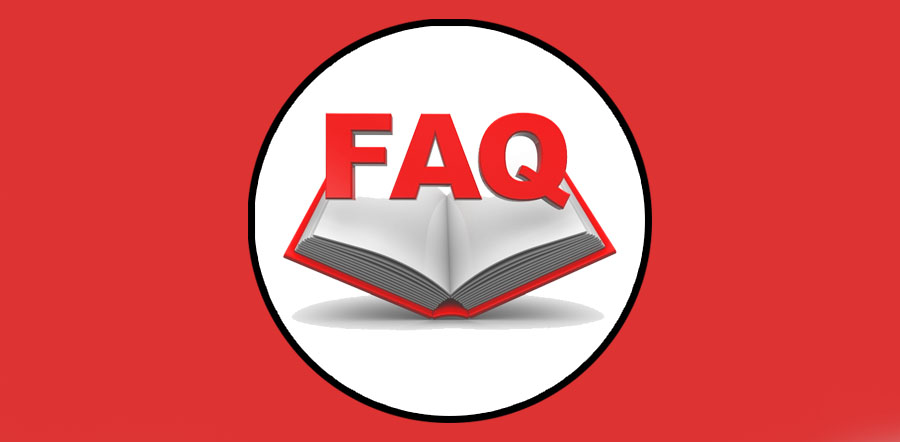IREB_CPRE_FL
Guaranteed Success in IREB_CPRE_FL Exam
| IREB_CPRE_FL Exam Dumps PDF + Practice Test | |||
| Exam: | IREB_CPRE_FL | ||
| Exam Name: | iSQI IREB Certified Professional for Requirements Engineering - Foundation Level Exam | ||
| Certification(s): | IREB Certified Professional for Requirements Engineering | ||
| Questions: | 45 Questions Answers | ||
| Last Updated: | May 02,2025 | ||
| Price: | Was: $85 Today: $59 | ||
Check Free Demo Before Buy
$ 49.00 – $ 75.00
Are you looking for real IREB_CPRE_FL exam questions ? You’re in the right place!
Pass your iSQI IREB_CPRE_FL exam with the latest QuizDumps PDF Questions & Answers.
QuizDumps offers authentic, updated, and expert-verified IREB_CPRE_FL braindumps.
Want top scores? Start your prep now with QuizDumps study material.
1: Download Q&A PDF
Buy & Download 100% real, updated and verified exam questions and answers tested and prepared by iSQI experts to pass IREB_CPRE_FL exam.
2: Prepare
Prepare for IREB_CPRE_FL with 100% confidence using QuizDumps's IREB_CPRE_FL exam dumps PDF or IREB_CPRE_FL practice exam.
3: Pass Your Exam
QuizDumps's IREB_CPRE_FL exam kit prepares you to confidently ace all IREB_CPRE_FL questions and pass on your first attempt with top scores.
Comments
Main points of iSQI IREB_CPRE_FL Test
The iSQI IREB Certified Professional for Requirements Engineering – Foundation Level (CPRE-FL) exam focuses on the fundamental concepts and principles of requirements engineering. The main points covered include:
1. Understanding Requirements Engineering:
- Definition and importance: Grasping what requirements engineering is, its purpose, and its role in successful software development.
- Stakeholders and their involvement: Identifying and managing diverse stakeholders and their often conflicting needs.
- Requirements elicitation techniques: Knowledge of various methods for gathering requirements, such as interviews, workshops, surveys, observation, prototyping, and document analysis.
- Requirements specification techniques: Understanding how to document requirements clearly, consistently, and unambiguously using different notations (e.g., use cases, user stories, textual specifications).
- Requirements modeling: Creating models (e.g., data models, process models, state diagrams) to visualize and analyze the system's behavior and data.
- Requirements management: Processes for managing requirements throughout the software lifecycle, including change management, traceability, and version control.
- Requirements validation and verification: Techniques to ensure that requirements are correct, complete, consistent, unambiguous, feasible, and traceable.
2. Requirements Engineering Processes:
- The different phases and activities of a requirements engineering process: Understanding the lifecycle and the sequence of activities involved in each phase.
- Common approaches and methodologies: Familiarity with different requirements engineering methodologies (e.g., iterative, waterfall, agile).
- Tools and techniques: Awareness of various tools and techniques used in requirements engineering, including requirement management tools and modeling tools.
3. Quality Attributes of Requirements:
- Characteristics of good requirements: Understanding the essential qualities of well-written requirements, including clarity, completeness, consistency, feasibility, traceability, testability, and understandability.
4. Common Mistakes and Pitfalls:
- Identifying and avoiding common errors: Awareness of frequent mistakes in requirement elicitation, specification, and management.
In short: The exam tests your understanding of the fundamental principles and practices of requirements engineering, emphasizing the whole process from elicitation to validation. It's less about specific tools and more about the underlying concepts and methodologies. You should be able to explain the "why" behind the process as much as the "how."
| Exam Code | Certifications | Questions | Comments | Reviews |
|---|---|---|---|---|
| TMMi-P_Syll2.1 Dumps | TMMi Certification | 111 Questions | 12 | 6 |
| CTFL-PT_D Dumps | ISTQB Certified Tester | 40 Questions | 11 | 3 |
| CSeT-F Dumps | A4Q Selenium Tester Foundation | 40 Questions | 6 | 1 |
| CTFL_Syll_4.0 Dumps | ISTQB Certified Tester | 151 Questions | 3 | 1 |
| CTFL-AcT Dumps | ISTQB Foundation Level Acceptance Testing | 40 Questions | 0 | 0 |
| CTFL-AT Dumps | ISTQB Certified Tester | 40 Questions | 0 | 0 |
| CTFL-PT Dumps | Foundation Level Performance Testing | 40 Questions | 0 | 0 |
| IREB_CPRE_FL Dumps | IREB Certified Professional for Requirements Engineering | 45 Questions | 0 | 0 |
| CTAL-TM_Syll2012 Dumps | ISTQB International Software Testing Qualifications | 64 Questions | 0 | 0 |
| CTAL-ATT Dumps | ISTQB Certified Agile Technical Tester | 40 Questions | 0 | 0 |
| CTFL_Syll2018 Dumps | ISTQB Certified Tester | 314 Questions | 0 | 0 |
| CTAL-TAE Dumps | Advanced Level Test Automation Engineer | 40 Questions | 0 | 0 |
| CTFL-AuT Dumps | ISTQB Certified Tester | 40 Questions | 0 | 0 |
| CPSA-FL Dumps | iSAQB | 43 Questions | 0 | 0 |
Why PDF Format?
Our PDF format offers seamless portability across multiple devices, allowing you to study anytime, anywhere. For a more immersive preparation, our Practice Test software replicates the real exam environment. With various testing modes and advanced self-assessment features, our practice exams stand out as the best in the industry.
Is This User Friendly & Easily Accessible on Mobile Devices?
We are committed to delivering precise IREB Certified Professional for Requirements Engineering - Foundation Level Exam questions and answers, accompanied by detailed explanations. At QuizDumps, we value your time and investment, ensuring that every question and answer is thoroughly verified by iSQI experts. Our team consists of highly qualified professionals with years of hands-on experience in the field, guaranteeing reliable and up-to-date exam preparation.
Are All Materials Verified by Experts?
QuizDumps is a trusted name in certification exam preparation, offering [Authentic, Updated, and Real] IREB_CPRE_FL Dumps, carefully crafted and verified by IT professionals. If you want to achieve top scores, kickstart your preparation today with our comprehensive IREB_CPRE_FL dumps PDF.
What is Our Commitment !
At QuizDumps, we are committed to helping professionals pass their certification exams in the shortest time possible. Our goal is to provide top-quality study materials and exceptional customer support. We continuously enhance our iSQI IREB_CPRE_FL exam preparation resources by updating question banks, adding new features, and promptly addressing any reported issues.

